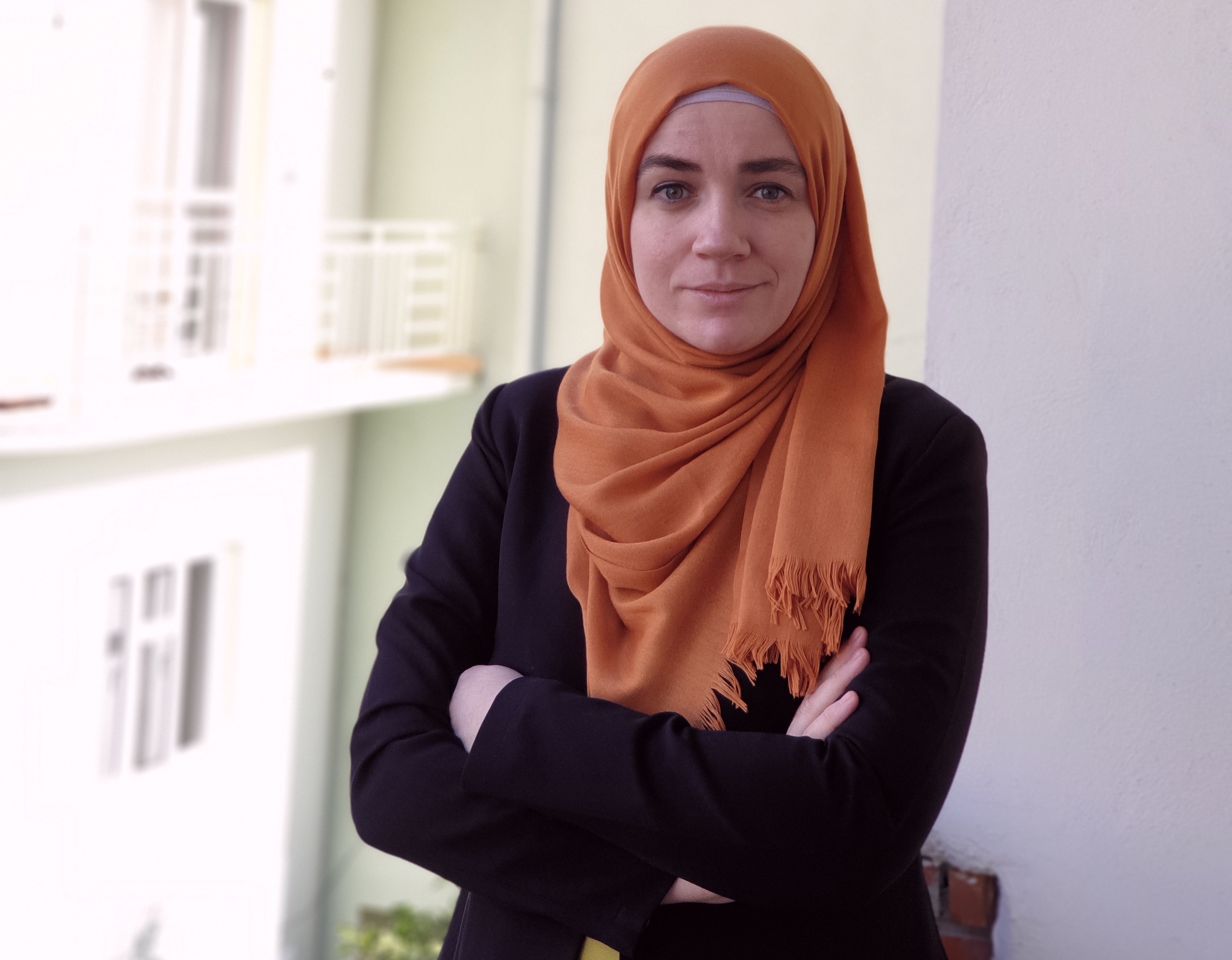Interview: “Addressing violence against women requires long-term commitment, capacities, and human and financial resources”
Date:

Anjeza Bojaxhiu is the local coordinator of the domestic violence referral mechanism – a dedicated mechanism that aims to protect and support survivors of violence, composed of a team of community professionals in Tirana, Albania. With extensive experience in good local governance and social services for women and girls from disadvantaged groups, Ms. Bojaxhiu shares the most promising practices related to establishing and operating local referral systems as well as ways to address challenges that may arise. Anjeza Bojaxhiu previously shared her expertise as a key speaker during the Fourth Regional Forum on Ending Violence against Women in the Western Balkans and Türkiye “Integrated Policies, Inclusive Partnerships,” held on 29-30 November 2022.
What are the main changes and improvements you have observed as a result of the functioning of the referral mechanism?
The coordinated referral mechanism was established in 2012. Since then, the referral mechanism has undertaken measures that comprehensively address all forms of violence against women and girls. The legal framework has been consolidated and improved, making it a strong basis for the mechanism’s activity. Standard protocols have been approved for managing cases of violence during normal periods as well as in times of crisis, and these protocols are well known by the members of the mechanism. In other words, Tirana’s referral mechanism was able to adjust its way of working during the COVID-19 pandemic, organizing meetings of the interdisciplinary teams online and continuing to provide some necessary services such as psychological support and free legal aid.
The referral mechanism also includes civil society organizations (CSOs), which provide indispensable services for victims of violence, such as psychological support, free legal aid, accommodation, and support and rehabilitation programs for perpetrators of violence. Including CSOs in the mechanism makes case management easier and more holistic.
What are a few current challenges or gaps in the functioning of the referral mechanism, and how are you addressing them?
Although the number of cases managed effectively by the referral mechanism over the years has increased and the capacities of its members have been strengthened, some challenges still remain. There is a lack of human resources at the municipal level, as the number of cases of violence against women have been increasing each year. Local governments have the responsibility to establish and strengthen the Needs Assessment and Referral Units (NARUs) – units that help identify, prevent and manage cases of violence, as well as support the long-term reintegration of victims/survivors. The existence of NARUs is very important, as they have the potential to link directly with women and girls who have very limited access to information and knowledge on types of violence, relevant legislation, and protection and services available to them. These units have been established in Tirana Municipality, but they need to be strengthened and staffed with appropriate professionals.
In addition, more specialized services are needed to effectively manage violence against women cases, especially in order to reach marginalized groups of women, including women and girls with disabilities. In this framework, a new community center funded under the local budget will open in 2023 to offer services to marginalized groups, focusing on persons with disabilities, including women survivors with disabilities.
In the Regional Forum on Ending Violence against Women in the Western Balkans and Türkiye, you spoke about strong cooperation with the police and limited cooperation with health institutions. What do you identify as the key priorities for strengthening multiagency cooperation?
Multiagency cooperation can be improved and strengthened through continuous capacity building efforts, which are necessary for all members of the mechanism, including health institutions. It is important to ensure understanding of their role and function as provided by the legal framework, the recent amendments and sublegal acts and case management protocols. Coordination among member institutions is a legal obligation and increasing members’ awareness of this obligation is a key priority for us that will directly strengthen the accountability level of all agencies.
Overall, although progress has been made in the establishment and functioning of referral mechanisms, there is a long way to go to make them fully functional and provide on-site, comprehensive multi-disciplinary services. Addressing domestic violence requires long-term commitment, human and financial resources, and capacities as well as keeping it on the agenda of central and local governments and development partners.
How can health institutions be supported to increase cooperation and utilize referral mechanisms to support women who have suffered from violence?
Although health institutions, particularly health centers, are very close to the community and to women and children, their role in identifying and referring survivors of violence against women is very limited. This is due to a combination of factors, including limited awareness of their responsibilities under the law, especially with new changes related to reporting violence as well as limited knowledge and capacity to identify cases of violence against women.
Thus, we plan to support health institutions by organizing capacity building meetings to improve their understanding of their role and function in the referral mechanism as provided by the legal framework and their obligation to refer cases.
When it comes to capacity building and the provision of specialized services, what do you see as the next steps in strengthening the support available to victims of violence?
At the local level, the next immediate steps in strengthening the support available to victims of violence will be focused on increasing the municipal budget to improve the range of services for survivors at the local level. This will be achieved through the implementation of gender-responsive budgeting, which has been a mandatory process since 2017.